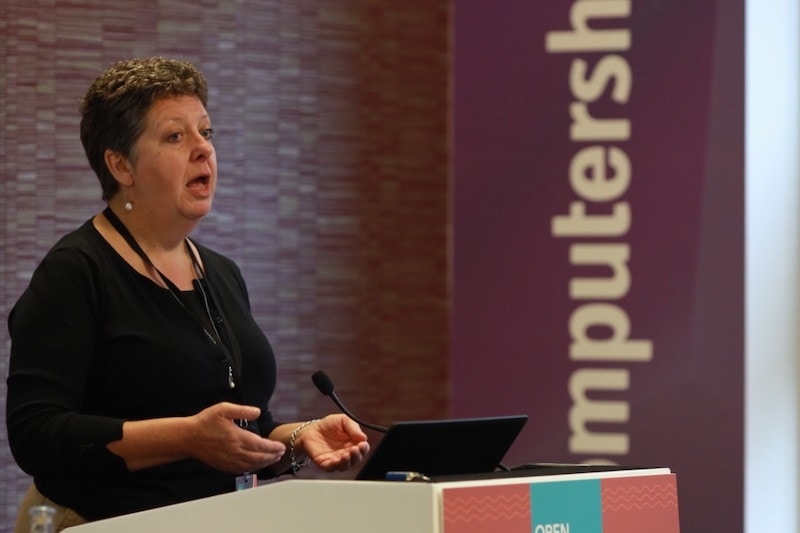
Open Banking offers hope to mortgage borrowers
Newsdesk | News
13 Nov 2019
Open Banking will have a transformative effect on the options available to mortgage borrowers in the coming years, according to the trade group representing UK banks and lenders.
Speaking to delegates in the dedicated mortgage stream of the 2019 Open Banking Expo in London, Sue Rossiter, principal for mortgage regulation at UK Finance, said new tools would help those with infrequent incomes, the self-employed, consultants, and so-called mortgage prisoners.
“Open Banking will offer new ways to assess income and expenditure, assisting customers with more complex profiles, such as those who are self-employed or working in the gig economy. We think that Open Banking will assist us to understand their net incomes and anticipate their needs.”
Ms Rossiter said that innovations in the market mean that it is now possible for lenders to better understand peaks and troughs in an individual’s incomes, allowing providers to better design products to fit customer profiles.
“Open Banking will help people find the right lender, and crucially, identify the right mortgage,” she explained.
“Those who are consultancy workers or self-employed, might want a mortgage where they make a payment three or four times a year, rather than a standard product where there is a regular monthly payment.”
Ms Rossiter said the trade group had been working closely with the UK’s Financial Conduct Authority as part of the Mortgage Market Review, adding that its members were keen to develop new protocols and methods to help a wider section of society.
She said that customers in closed books, who had previously found it difficult to secure a new mortgage deal may find that Open Banking opens up opportunities that haven’t existed since the global financial crisis.
“There are a lot of customers in closed books that haven’t historically managed to move. They could use Open Banking to almost debt manage their way back to a better situation.”
She added that UK Finance is currently seeking to develop a tool which will alert customers when they become eligible for a new mortgage to improve levels of awareness about products in the market.
However, she did stress that the trade body’s members still have concerns about the options for certain customers with mortgages from closed-book lenders, such as those on an interest only mortgages without a repayment strategy, or those with a high loan to value and in negative equity.
She added that 100% of Northern Ireland homes currently have a lower value than they did at the height of the pre-crisis housing market peak in 2007.









